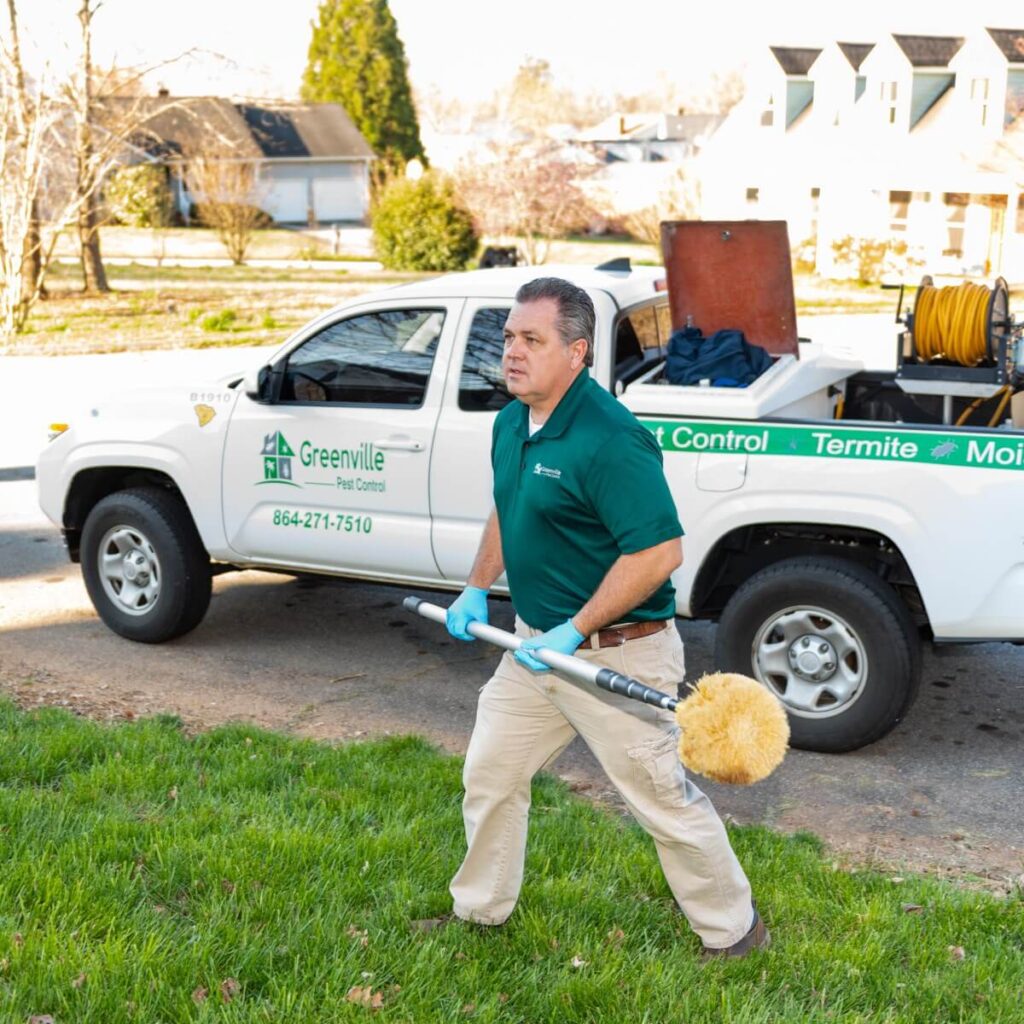The relationship between pest control and environmental protection is more interconnected than many people realize. While it might seem that pest management and ecological health are in conflict, professional pest control has evolved to become a critical part of sustainable home and community care. When done correctly, it can minimize harm to non-target species, reduce chemical overuse, and create long-term balance between humans and nature.
With increasing awareness of environmental responsibility, more pest control companies are prioritizing integrated methods that not only remove pests but also protect the ecosystems that surround our homes. Whether addressing rodents, stinging insects, or nuisance birds, professionals are trained to use safe, targeted approaches that deliver results with minimal environmental impact. This article explores how professional pest control supports sustainability and why it remains a smarter alternative to improvised, at-home solutions.

Reducing Overreliance on Chemicals
One of the most significant environmental benefits of professional pest control is the careful and minimal use of pesticides. Many DIY treatments rely heavily on store-bought sprays and baits that often contain harsh chemicals. These are typically applied without proper knowledge of dosage, timing, or placement, leading to unnecessary exposure for non-target species, including pets, pollinators, and local wildlife.
In contrast, licensed professionals use integrated pest management (IPM) practices. This approach emphasizes prevention, monitoring, and selective treatment, only applying chemical products when absolutely necessary. When they are used, they are applied in precise locations and quantities based on the pest biology and behavior.
Professionals also have access to eco-friendly formulations that are designed to break down quickly in the environment, reducing long-term contamination. Through proper identification and targeted treatment, pest control experts can eliminate infestations without harming beneficial organisms or introducing harmful residues into local ecosystems.
Protecting Beneficial Insects and Wildlife
Not all insects are pests. In fact, many play essential roles in pollination, decomposition, and the food chain. Unfortunately, widespread chemical applications and indiscriminate DIY treatments often affect these helpful species. This can lead to unintended disruptions in local biodiversity, including the decline of bee populations, butterfly activity, and predator insects like ladybugs and dragonflies.
Professional pest control takes the surrounding ecosystem into account when implementing treatment plans. For example, when dealing with bees, hornets, or wasps, experts are trained to distinguish between nuisance stingers and protected pollinators. Understanding how to manage these populations safely is critical, especially around homes and gardens. For more insight, explore tips on dealing with stinging insects safely in residential areas.
Preventing Damage to Structures and Habitats
While pests can be destructive indoors, they also pose a risk to natural and built environments when left uncontrolled. Rodents, for example, can damage insulation, wiring, and structural materials. Outdoors, they may disturb nesting birds, burrow into soil around foundations, and contaminate water sources. Invasive bird species like pigeons or starlings may displace native birds or cause sanitation issues with their droppings.
Professional pest control provides a long-term solution to these challenges by addressing pest populations in a way that minimizes habitat disruption. Their work often involves exclusion techniques that reinforce homes without harming wildlife. This might include sealing entry points, installing mesh over vents, or cleaning up attractants that draw animals into residential areas.
The goal is to create a barrier between the home and the pest without altering or damaging the larger ecosystem. You can learn more about these concerns in this guide to understanding nuisance birds, which explains how to strike a healthy balance with nature.
Environmentally Responsible Strategies Used by Professionals
Professionals are trained in environmentally conscious strategies that reduce the need for repeat treatments and prioritize long-term outcomes.
- Inspection and Monitoring: Technicians assess the environment to understand pest behavior before choosing a treatment.
- Biological Controls: Introducing natural predators or competitors can help reduce pest populations without chemicals.
- Habitat Modification: Adjusting landscaping or building design to make it less attractive to pests.
- Mechanical Controls: Using physical barriers like traps, screens, and door sweeps to prevent pest entry.
- Selective Pesticide Use: When needed, choosing the least toxic solution and applying it with precision.
These methods are rooted in science and sustainability, offering homeowners a way to manage pest issues while being good stewards of the environment.
Why Sustainable Pest Control Starts with Expertise
The effectiveness and environmental responsibility of pest control depend heavily on expertise. Without proper training, even well-intentioned efforts can cause harm. Using the wrong product, treating the wrong species, or failing to follow up properly often leads to recurring infestations and unnecessary exposure to chemicals.
Pest control professionals are equipped not just with better tools but with a deeper understanding of how to identify pests, assess contributing factors, and choose treatments that solve the problem while protecting surrounding life. They also help homeowners make informed choices about maintenance, sanitation, and prevention that reduce the need for future intervention.
When pest management is handled by those who understand its environmental impact, the result is a healthier home and a healthier ecosystem. This makes professional service not only more effective, but also the more responsible choice for those who care about their environmental footprint.
Partnering with Greenville Pest Control
Responsible pest control should protect your home without harming the planet. If you’re looking for effective, sustainable solutions backed by science and care, reach out to our team at Greenville Pest Control to schedule an expert inspection and customized treatment plan.


